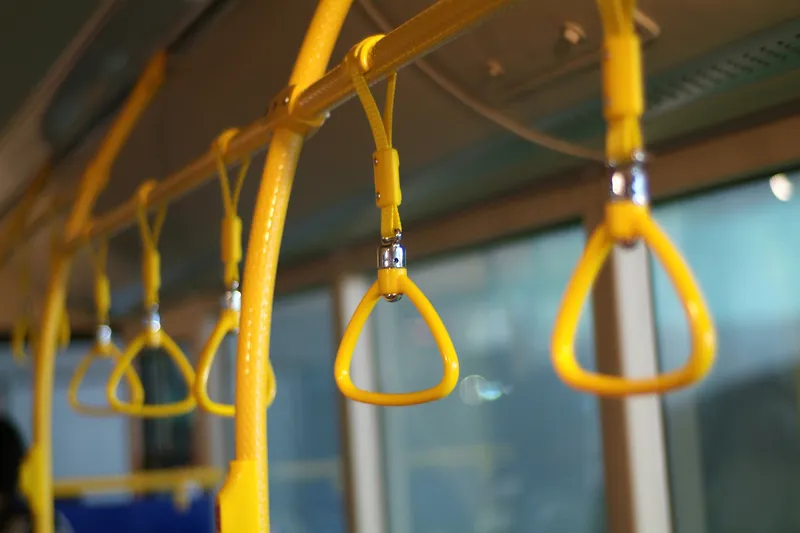
Almost two-thirds (64%) of people surveyed said they do not want to go back to pre-Covid pollution levels.
The research was carried out in Italy, Spain, Germany, France, the UK and Belgium by YouGov for environmental lobby group Transport & Environment (T&E) and the European Public Health Alliance (EPHA).
Levels of air pollution from traffic and other sources fell when countries imposed stay-at-home measures - but it is on the rise again as restrictions are lifted, particularly as commuters eschew public transport in favour of private cars.
In the survey, just over two-thirds of people (68%) agreed that "cities must take effective measures to protect citizens from air pollution, even if it means preventing polluting cars from entering city centres to protect clean air".
A majority of drivers (63%) supported this - and 74% of respondents overall said cities "must take effective measures to protect citizens from air pollution, even if this requires reallocating public space to walking, cycling and public transport".
When it comes to public transport, 81% of previously regular users said they will return, with 54% wanting sufficient hygiene meausures in place to guard against infection.
“People have taken a deep breath of clean air and decided to keep it," says Sascha Marschang, acting secretary general of the EPHA.
"Now the invisible killer is visible: air pollution made us sick, worsened the pandemic and hit the most deprived the hardest. Reducing health inequalities by designing a pollution-free city transport system cannot wait any longer.”
William Todts, T&E executive director, said: “Europeans are demanding more bike lanes, safer public transport and fewer polluting cars. And the mayors of Paris, Brussels and London are building on this overwhelming public support by expanding cycling lanes and reinstating low-emission zones."
"The challenge now is to make these ‘temporary’ sustainable measures permanent, replace polluting cars with shared, electric vehicles and get other cities to follow suit."










